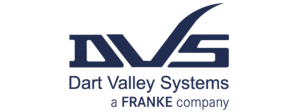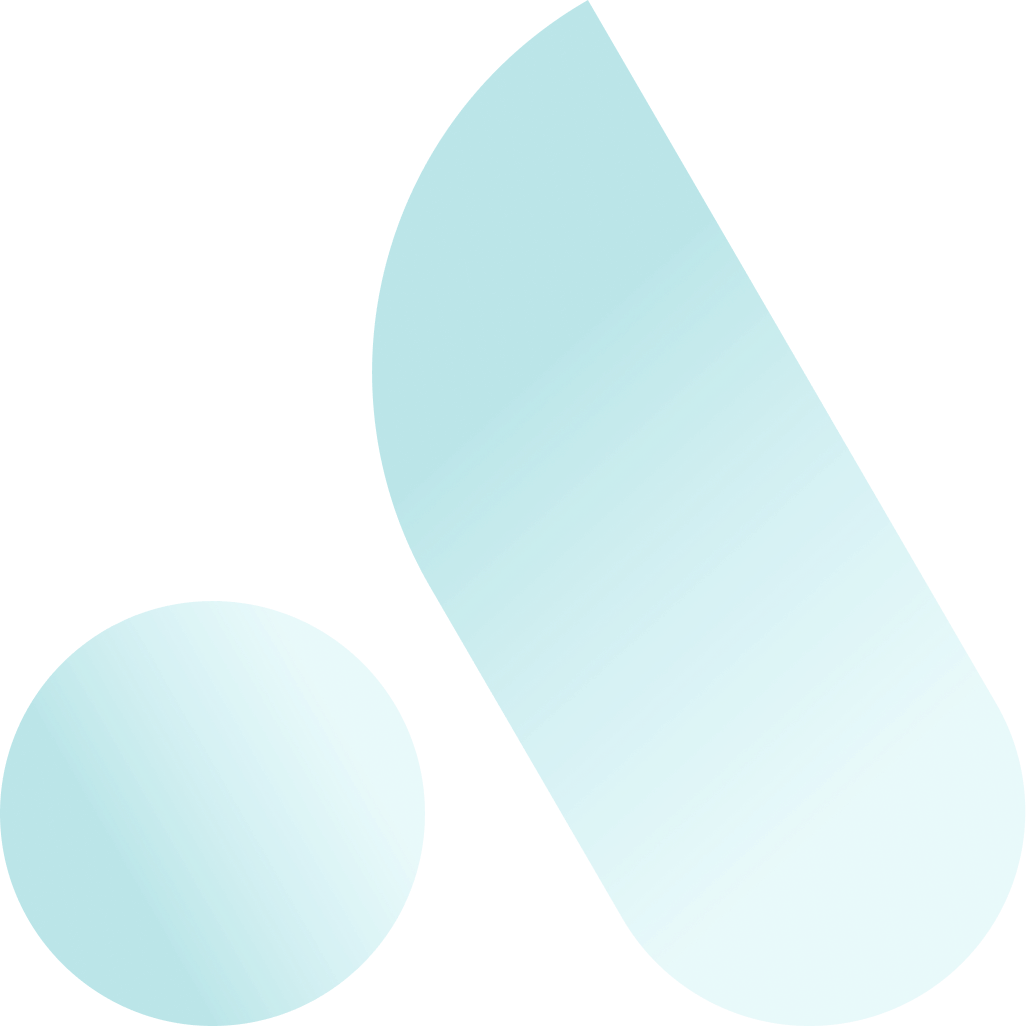Microsoft Business Applications for SMBs.
From Dynamics 365 to Power Platform tools, we help SMBs implement Microsoft Business Apps to increase efficiency and streamline processes. We deploy in days, not months, giving you solutions to increase productivity and improve customer satisfaction, so you can focus on growing your business.


Microsoft Business Apps simplified for SMBs.
If your priorities include making your processes more efficient, accelerating sales and delivering exceptional service, we will help you realise your goals with Dynamics 365 and Microsoft Business Applications.
Our team will help modernise your business with a comprehensive stack of business applications and low-code tools, streamlined and pre-configured for SMBs.

Accelerating your Digital Transformation.
We specialise in providing digital transformation solutions tailored to the needs of fast-growing small businesses like yours. Our team will address your immediate challenges with an affordable, quickly implemented solution, ensuring scalability to support your continued growth.
Say goodbye to spreadsheets and outdated CRM software. Using Microsoft Business Apps, we’ll help you add scale with centralised data and connected workflows and get insights faster with natural language queries and real-time reporting.
What you get.
ANS deploys scalable cloud based business applications that are supported by our experienced managed service teams.
Dynamics 365 for SMBs.
Bring your customers, people and processes together with Dynamics 365 customer engagement applications that help SMBs grow. Go live with sales, service or marketing automation apps in just a few days.
CRM Managed Services.
We’ll deploy a cloud based business application that you can grow into and evolve. From user support to consultancy, our experts are always on hand to help you achieve your digital transformation goals.
Accelerate innovation and reduce costs as you automate processes.
Get more done by replacing spreadsheets and repetitive manual tasks with modern, cloud based apps. We’ll help your teams ditch legacy apps to automate quickly and boost productivity.
Put data-driven insights into everyone’s hands.
We’ll help you uncover actionable insights from your data to support decision makers with real-time analytics and business intelligence dashboards.
What you need from a low code partner.
Increase agility with on tap innovation. ANS unleashes your low code potential with plain-talking experts who’ve got your back. Let’s build a low code ecosystem for tomorrow’s opportunities.
Who we work with


Dynamics 365 has more than lived up to our expectations. We have far greater clarity across the business and we are very confident to have a platform that is scalable and will continue to support us as we grow.
Alan Hyde
Operations Director
DDC Dolphin
Do more with less.
Game changing cloud business applications from ANS will empower everyone in your organisation to find a better way to get things done.
Our partnerships.
We are in the top 4% of Microsoft accredited partners and certified as an Inner Circle Partner for Microsoft Business Applications.
Why ANS?
We enable every organisation from massive to mini to access the tech they need to succeed. We take enterprise grade tech, simplify it, so it’s affordable, usable and accessible for all.
Digital solutions for SMBs.
We take enterprise grade tech, strip out the complexity, configure it for small and medium business and automate its deployment. We make it affordable, accessible and simple.
Cloud for SMBs.
Our industry leading partnerships with Azure and AWS, plus our own Virtual Private Cloud, mean you can choose from a range of cloud solutions to suit your specific needs.
More on cloud solutionsCyber security for SMBs.
Built on the most advanced monitoring, detection and response technology and tailored for SMBs, means you can be fully protected against modern cyber attacks.
More on securityBusiness applications for SMBs.
Out of the box Dynamics 365 configured, simplified and automated for SMBs.
More on business applications










